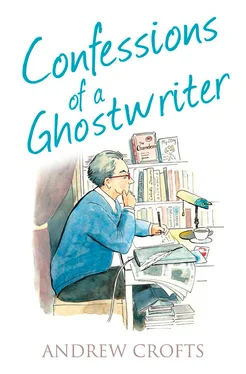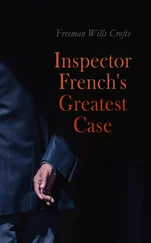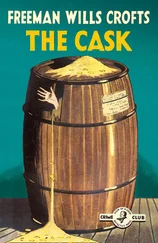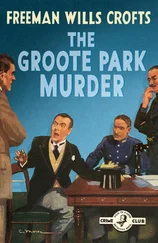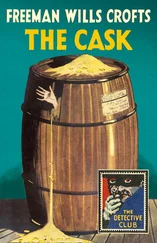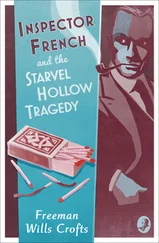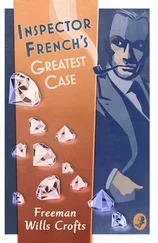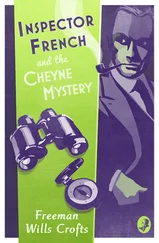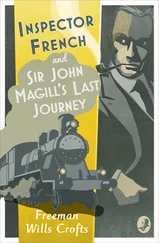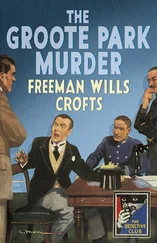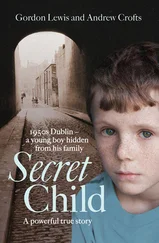The first questions a ghostwriter should ask
The first questions you ask in any relationship are always the hardest. The answers you receive are going to become the signposts for the journey the conversation is going to take from then on.
I receive three or four enquiries a day from people who want to write books, mostly via email in recent years. The first things I ask for are a brief synopsis of the story (the sort of thing we might eventually see on the back cover), and some explanation of what their expectations are for the book. Are they hoping for a bestseller, for instance, or do they want to self-publish a few copies for friends and family?
Most are able to respond to those questions, however unsure they may be of their own ability with words. If they find writing even that much is beyond them then we might try opening the dialogue in a phone call.
Once I start the actual process of listening to the story it is always a good idea to begin at the beginning and work forward chronologically, even if the early days of someone’s life appear irrelevant to the story they actually want to tell. The ghost needs to get to know them in order to recognise what questions to ask later. Only by knowing what has gone before will the ghost be able to gauge how they will think, feel and react in certain situations. Starting by talking about their earliest memories and perhaps their relationship with their parents, is nearly always going to break the ice nicely. Once the ice is broken and they feel comfortable the conversation will flow quite normally, with the ghost simply steering the chronology like a sheepdog herding memories instead of sheep, ferreting out the details as and when they are required in order to be able to visualise and understand the stories that are being told.
In many ways a ghostwriter is merely asking all the same questions that a reader would ask if they were in the room with the author rather than reading the eventual book.
‘You need to come to Haiti …’
I have to confess that there have been many times when I have accepted an invitation to a destination simply because I have read and loved a book about the place ( The World of Suzie Wong for Hong Kong, Breakfast at Tiffany’s for New York, Death in Venice for Venice, Myra Breckinridge for Hollywood, Don’t Stop the Carnival for the Caribbean islands generally, The Great Railway Bazaar for the art of travel itself, and so forth).
I must have read Graham Greene’s The Comedians pretty soon after it was published in 1966, when I would still have been in my teens (I had probably seen the film too, which was produced as a vehicle for Elizabeth Taylor and Richard Burton the following year).
Greene had already caught my attention with both his stories and his own life, taking my imagination to some of the darkest and most frightening places on earth. The Comedians painted a picture of Haiti under the tyrannical ‘Papa Doc’, who used the fearful power of Voodoo and his private army, the Tonton Macoutes, to control the people. It seemed like the most exotic and dangerous place a man could ever hope to travel to and Greene’s story was filled with the sort of damaged characters who roam to such places in search of quick fortunes and adventure, always living on the outside.
In the early eighties I was hawking my services as a travel writer to anyone in a position to dole out a free flight or a bit of board and lodging. I had been spending time on a number of Caribbean islands like Jamaica, St Lucia and Barbados, where it was not hard to find tourist authorities and hotel owners who were willing to entertain a freelance writer for a while in exchange for articles about their islands and their facilities. Haiti, however, was going to be a harder nut to crack and I lacked the nerve to simply turn up at Port-au-Prince and take my chances.
By that time Papa Doc’s son, ‘Baby Doc’, who was only a couple of years older than me, was President and the darkness of tyranny that Greene had depicted so chillingly had, if anything, deepened. The only news stories that came out of the island were bad ones, making it all the more intriguing. I had written to the island’s consulate, making preliminary enquiries but not holding out much hope of a reply, when I received a phone call from a British businessman who had made his home in Haiti and was extremely keen to promote the place.
‘You need to come to Haiti,’ he told me, ‘everyone has opinions about it but no one really knows it. You can stay with us and I’ll show you the real island.’
It was an invitation I was definitely not going to turn down. It was a chance to experience first-hand how an ex-pat lived in such a place, and I would have someone to guide me in Greene’s footsteps. Perfect.
Baby Doc would be ensconced in the white folly of a presidential palace for only a few more years before he was overthrown and fled into exile on the French Riviera. The palace now lies in ruins, as uninhabitable as the rest of the city around it, but then it still gleamed like a heavily guarded wedding cake amidst the squalor as I stood outside the gates staring in, trying to imagine the domestic life of the tyrant and his family, wondering how they managed to justify their actions to themselves and to one another. It was a curiosity which would later tempt me to accept invitations to the palaces of other tyrants, wanting to see what made them different, wanting to understand how they had found themselves in such extreme situations, able to exert their terrible will over whole populations.
The exotic Grand Hotel Oloffson, where Greene had set most of his story (calling it the Hotel Trianon), still stood on the outskirts of Port-au-Prince and one of Greene’s original characters, Aubelin Jolicoeur (the gossip columnist, Petit Pierre, in the book), still propped up the bar.
‘He has made himself one of the country’s leading characters,’ I wrote at the time, ‘affecting cane, monocle, cravat and a theatrically camp manner which makes many unaware of just how much influence he has at the presidential palace and in ministerial offices.’
In one of those ministerial offices I met the island’s then director of tourism, ‘a Gucci-clad minister by the name of Theo Duval’.
‘Why do we travel?’ he mused. ‘To feel in a pleasant way, to make a loop in the straight line of our existence, escaping into timelessness, a dreamlike state in which we are not reminded of our servitude.’
It was the first truly poor place I had ever visited and I was shocked to see how close to the brink of chaos people can survive, and frightened to see how fragile a veneer civilisation actually is.
The Comedians ends with one of the departing characters throwing a handful of coins from a car window, causing a dangerous riot amongst the scrabbling horde of street children – an image which we would later see magnified and repeated nightly on the news after the island was repeatedly hit by natural disasters.
‘When people come to Haiti,’ Aubelin Jolicoeur told me in the hotel bar as the tropical night-rains crashed down on the roof of the veranda outside, ‘they always try to make the story funny. They never take it seriously. All through the centuries we have been ostracised by the world because we were the first black republic. Always we are misunderstood and misinterpreted. There is a bad spell on Haiti.’
Tyrants and other interesting monsters
I have to confess that the first (and sometimes only) criterion that I apply when deciding whether I want to do a book is whether I find the author and the story ‘interesting’. The most ‘interesting’ people, however, are not always the ones you would trust to care for your children, your grandmother or even your favourite puppy.
Читать дальше
